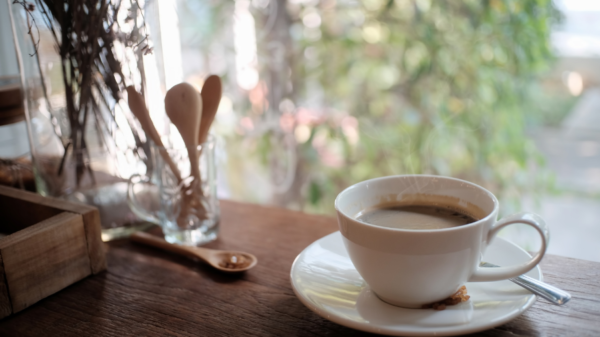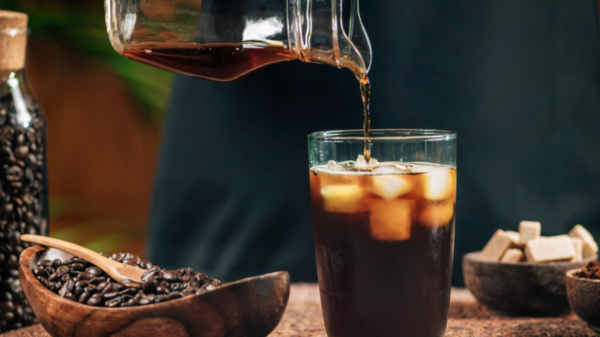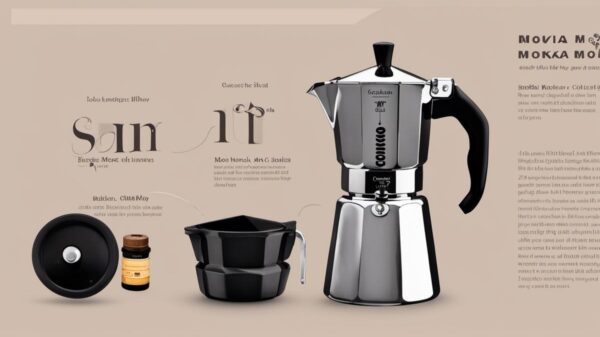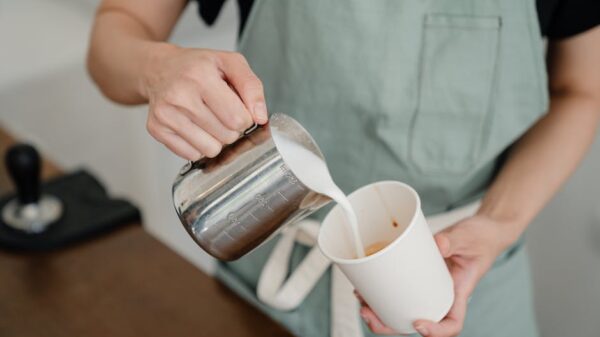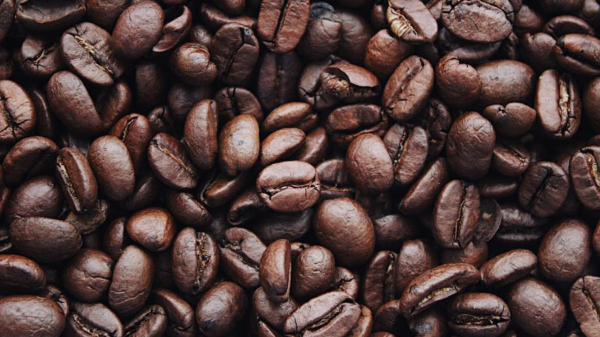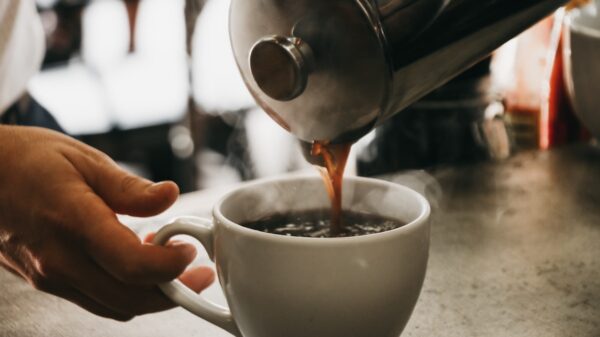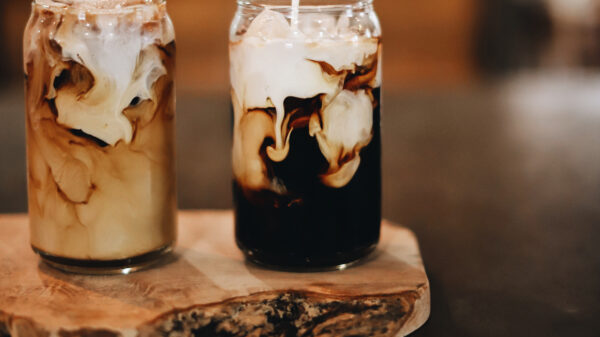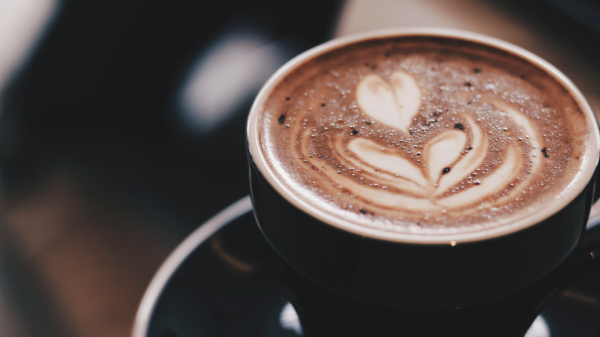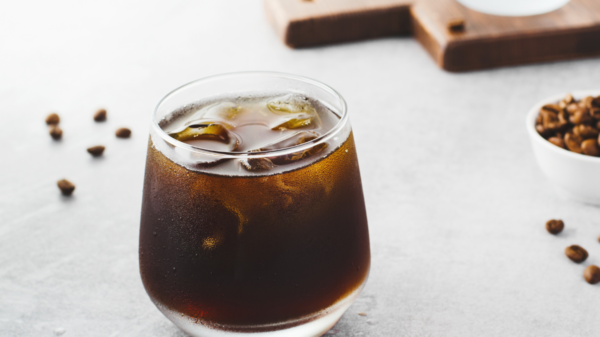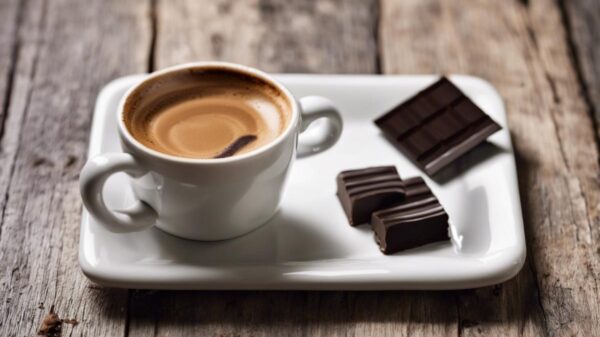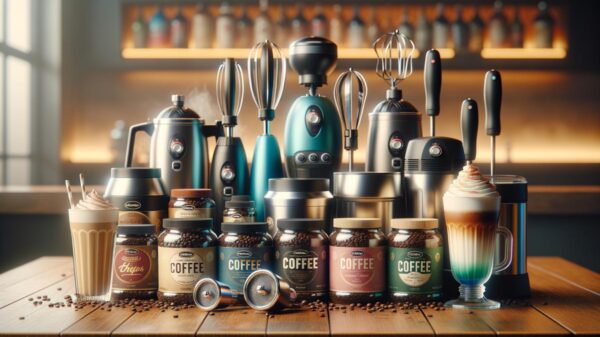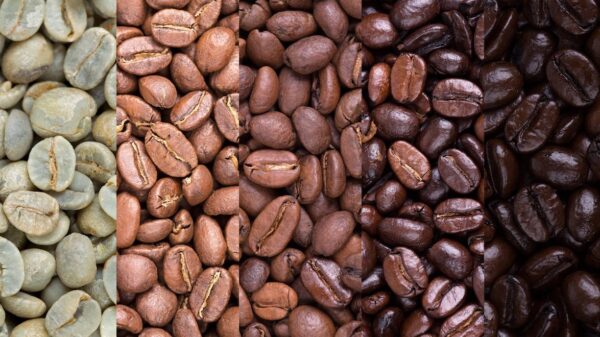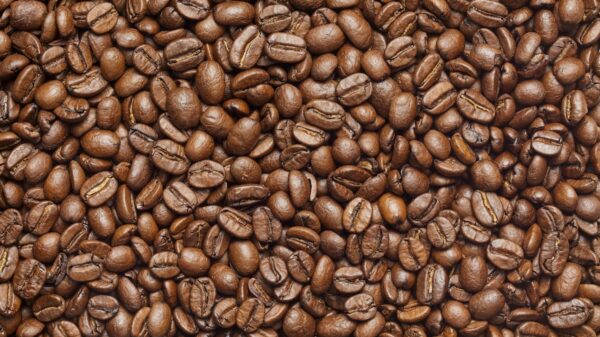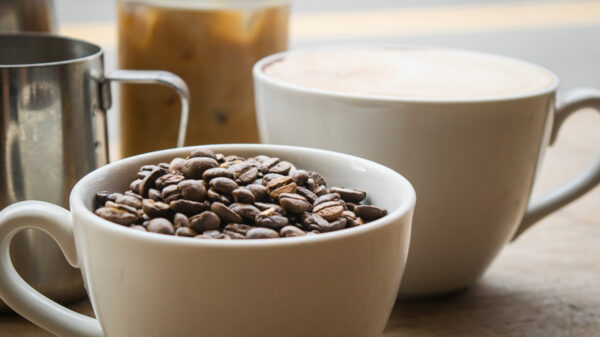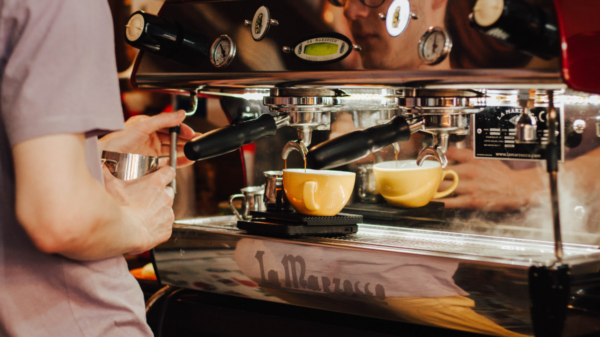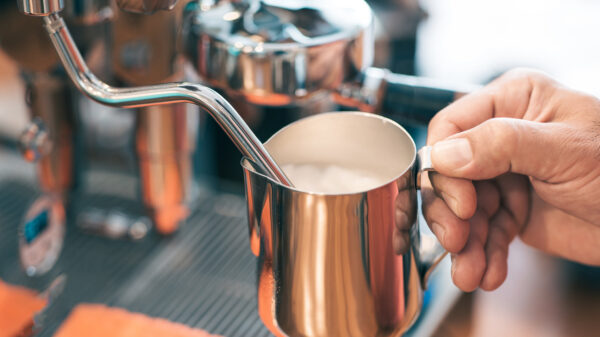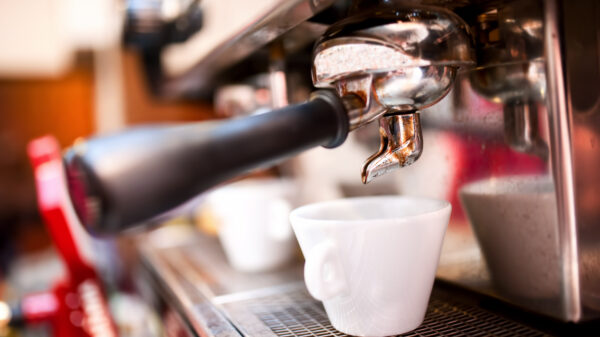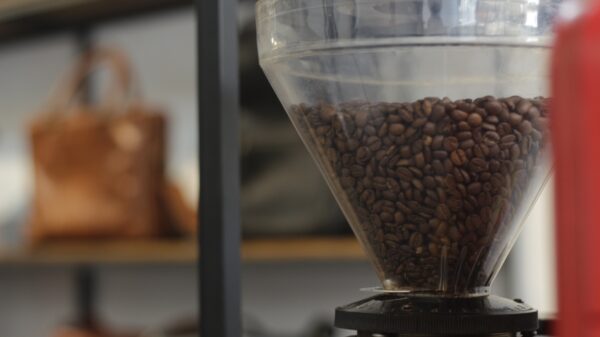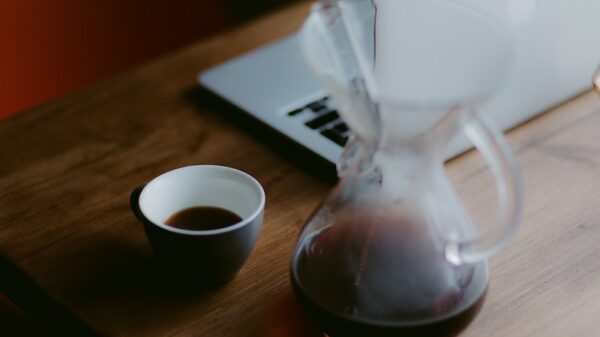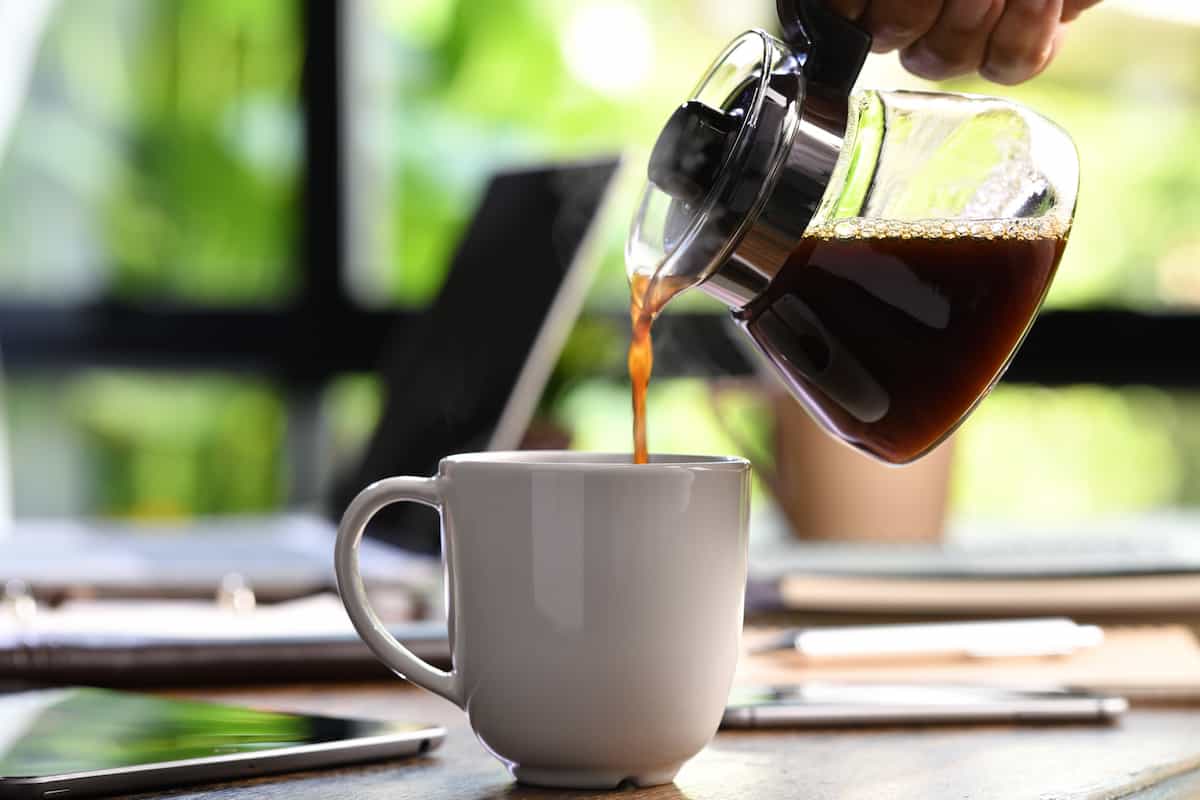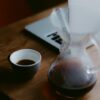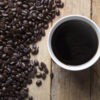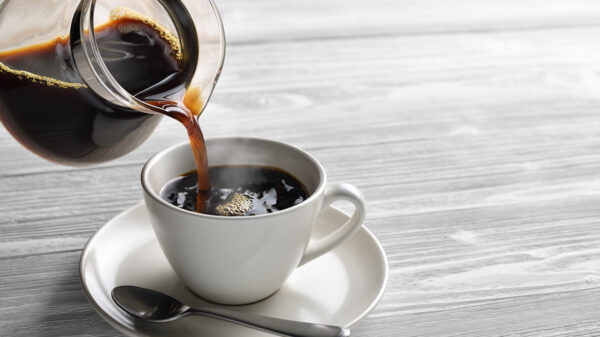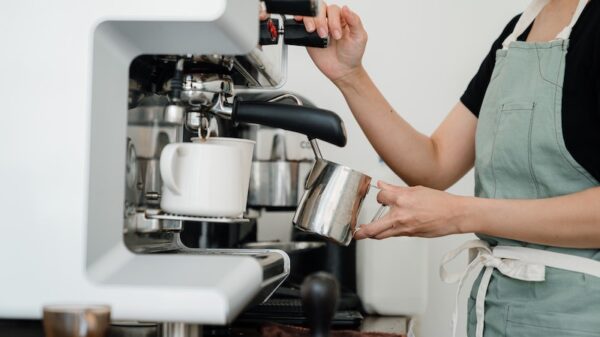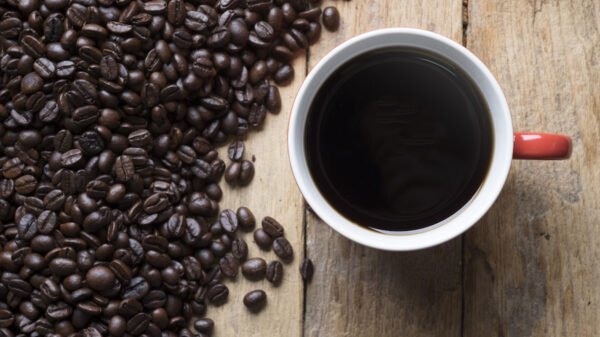I love to sit down on a Saturday morning and enjoy a good cup of coffee. Whether I am sitting down with a couple of friends or by myself on the back porch, my cup of coffee assists in setting the tone for the day. There is nothing worse than taking that first sip of coffee only to be greeted by the acrid taste of burnt coffee. So if you are wondering why does my coffee tastes burnt?
While there are a variety of ways that the burnt coffee taste can occur, one major challenge can be is the way the coffee is brewed. While water temperature is a big part of the brewing process, other things can affect the flavor of your coffee. If you’ve stayed on top of keeping your equipment clean and using fresh beans, but you’re still not getting the taste you want, there may be some other factors at play.
As you read down further what you think tastes burnt may be something different.
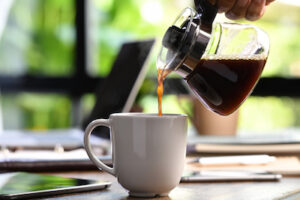
Other Factors This Taste Could Be
This burnt taste you are getting from your coffee could be from other factors, including the ones below:
Is It Burnt Or Bitter?
The final flavor of the coffee can be impacted by the water that is used. The perfect water for making coffee isn’t too brittle or too soft–it’s somewhere in the middle. You can use a water filter to make sure that your water is of the best quality for brewing a delicious cup of coffee.
What Is Burnt?
The primary cause of bitter coffee is overroasting the roasted beans. To maintain flavor, it’s best to keep your coffee warm after brewing – not piping hot, as this will damage the taste.
It Could Be Tasting Metallic?
If it’s not caused by build-up in your machine, this phenomenon is often caused by a problem with water quality. For those who brew with regular tap water, this problem can be a common occurrence. There can be traces of chlorine and other contaminants in tap water that alter the flavor of the water, so brewing with filtered water can help to mitigate this issue.
It Could Be Sour
A sour coffee flavor is at the other end of the spectrum in comparison to bitter coffee. This type of flavor is commonly brought about by the under-extraction of coffee. When you don’t let your brew sit long enough or the grounds are too large, this can be a contributing factor. You can resolve this issue quickly by brewing for slightly longer periods or adjusting your grind size; using bottled water may also do the trick.
Watery Coffee Can Be Just As Bad As Burnt
Watered-down coffee is no fun and can be caused by a variety of factors. These factors include not using enough coffee to brew, not brewing for long enough, not brewing hot enough, or using a too-small grind size. To tackle this, start by adjusting your coffee/water ratio. Then you can check your brewing time, grind size, and water temperature.
Does It Have That Plasticky Taste?
Generally, when your coffee tastes of plastic it is not the fault of the water or the brewing method. Most likely it is the machine itself. If a coffee machine has never been used before or overused and had not been properly cleaned, will cause an unpleasant flavor.
Most importantly, deep clean your machine. Start by washing your water reservoir and running a brew cycle with boiling water. You could even run a cleaning brew cycle with any of these mixtures: 50/50 white vinegar and water, 50/50 baking soda and water, or 50/50 lemon juice and water.

Why Is Burnt Coffee Bad?
The acrylamide chemical is in burnt coffee beans and it’s a poisonous one too. It has the potential to cause some pretty major health hazards for people if they drink burnt coffee that contains this chemical.
- You can also find acrylamide in other foods like potato chips or French fries.
- If you drink burnt coffee regularly, you may be increasing your risk of cancer due to exposure to carcinogens.
- This chemical has been shown to have negative effects on health, including the nervous system.
The Levels of Roasting Coffee Effect the Acrylamide Amount
Research shows that roasted coffee beans include a small amount of acrylamide. If someone continues using roasted beans, it could begin causing problems or turn into cancer.
- The presence of acrylamide in roasted coffee depends largely on the roast level.
- Lighter coffee beans that have been roasted less contain more acrylamide than darker beans that are roasted longer.
However, this does not mean you should consume over-roasted coffee. It is too bitter to drink. To avoid this, make sure your coffee is correctly roasted so that it is not too bitter to drink.
Different Ways Burn Coffee
The 3 most common ways to burn coffee are:
1. The Coffee Beans Are Stale
Oftentimes, raw coffee beans stay fresh tasting for longer periods than roasted beans. Once the beans have been roasted and come into contact with oxygen, they start to decompose which causes the coffee to taste stale or burnt.
- Additionally, heat and moisture can also cause them to go bad.
- Coffee grounds get stale more quickly because they have a larger surface area exposed to oxygen and moisture.
- Don’t grind your beans until you’re ready to use them.
- When you grind your beans, they won’t go stale as quickly.
If you’re worried about them going bad before you can finish the pack, buy smaller quantities more often. After opening the pack, store the beans in an airtight container to keep them fresh.
2. The Coffee Has Been Sitting On Warm Too Long
If you leave your coffee maker on all day, the water will eventually evaporate. However, the caffeine will not- it continues to heat up and eventually starts burning.
- Not only will this burn the coffee, but in severe cases, it can also damage the coffee maker or its wiring.
- Because of this potential hazard, many people who enjoy having a warm cup of coffee throughout their day often complain of burnt-tasting coffee by the end– which is made worse by an icky build-up when they don’t clean their machine regularly.
3. Coffee Beans Have Been Over-roasted
Coffee beans that have been roasted for too long will taste burnt. Brewing coffee with over-roasted beans is a surefire way to end up with a cup of joe that tastes terrible.
- This is because the beans have been exposed to too much heat, causing them to dry out and become burnt.
To avoid this, make sure you buy coffee beans that have been roasted to the correct level.
- You can usually find this information on the packaging.
- If you’re unsure, ask the barista at your local coffee shop for advice.
- They’ll be able to tell you which beans are best for your desired taste.
Tips to Avoid Burning Coffee:
If you want to avoid burnt coffee, here are a few tips:
- Don’t leave your coffee in the heat for too long. If you think it’s burnt, throw it away and start over.
- Try to brew fresh coffee every time if possible.
- Always make sure you buy high-quality beans from a reputable source. Do check the expiry date before buying, especially if purchasing a large quantity that will last a while.
- Don’t grind beans too far ahead of time, as this can also cause burnt-tasting coffee.
And finally, don’t forget to clean your coffee machine regularly so old flavors don’t accumulate over time and ruin your cup of joe.

Here Are A Few Tips For Buying Coffee
Medium-roast coffee beans are typically a light brown color and possess fewer harmful chemicals than their “light roast” counterparts. They also have lower levels of the harmful chemical acrylamide. Contrary to popular belief, dark-roasted coffee beans are not burnt.
- Some people argue that coffee roasting increases the amount of caffeine. That is just an unverified claim.
- The truth is, both light and dark-roasted coffee beans have almost the same amount of caffeine.
When choosing coffee beans, it’s important to select a brand that is roasted in small batches. This ensures that the coffee beans are roasted evenly and not burnt.
- It’s also important to choose a brand of coffee beans that is ethically sourced.
- This means that the coffee beans have been sourced from farmers who are paid a fair wage for their coffee.
When brewed properly, coffee should not taste burnt. If your coffee tastes burnt, it’s likely because the beans were roasted too dark or ground too finely. If this is the case, try a lighter roast next time.
Conclusion
Therefore, getting a delicious cup of coffee from your kitchen might become easier. If you have difficulties that go beyond these common problems, though, don’t sweat them. Instead, reflect on your brewing process and inspect your beans. Alternatively, try looking into new equipment options too. Remember to change one variable each time until you understand what causes the problem with your coffee exactly. Having tenacity and being willing to practice will help turn anyone into an at-home barista expert sooner than they think.

